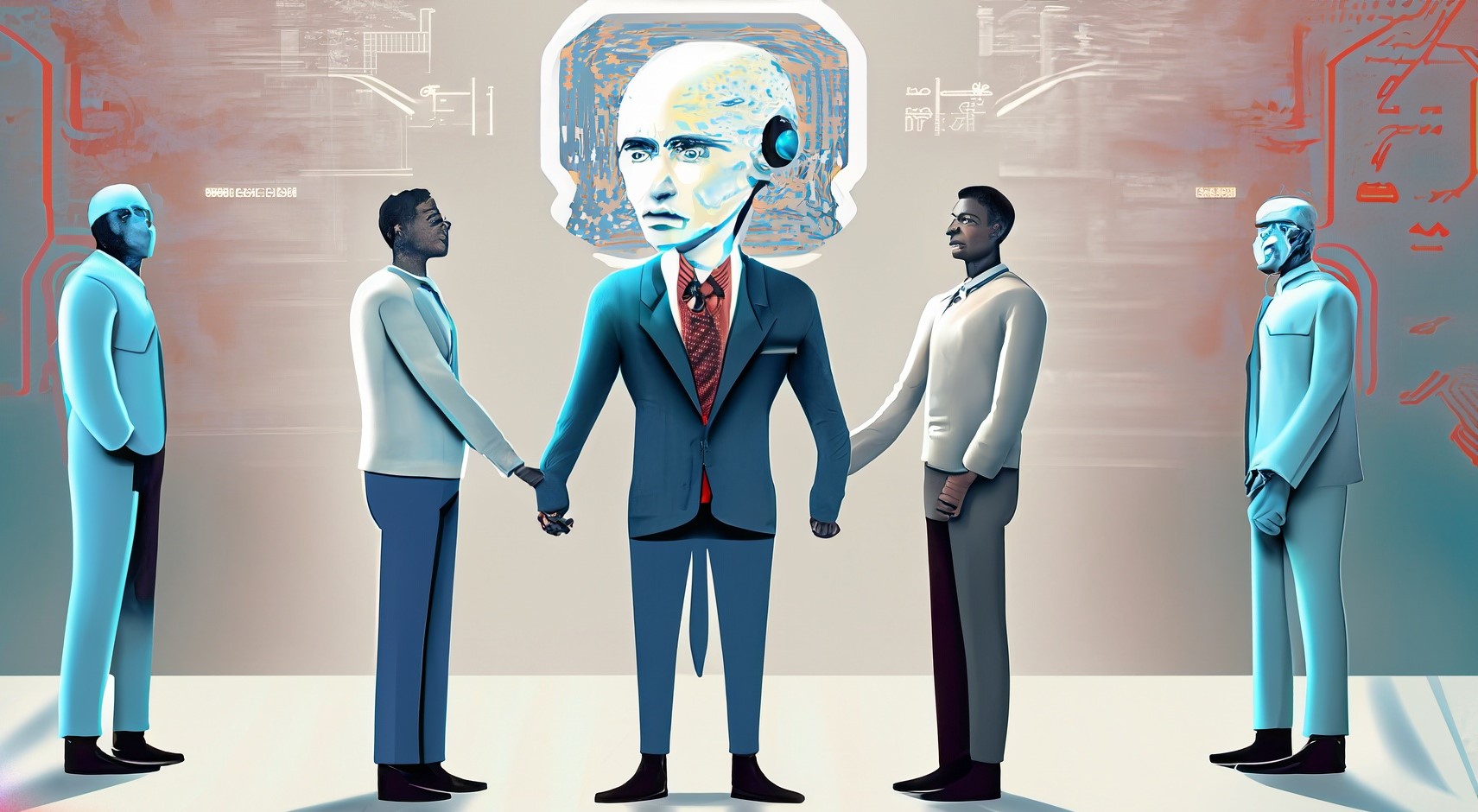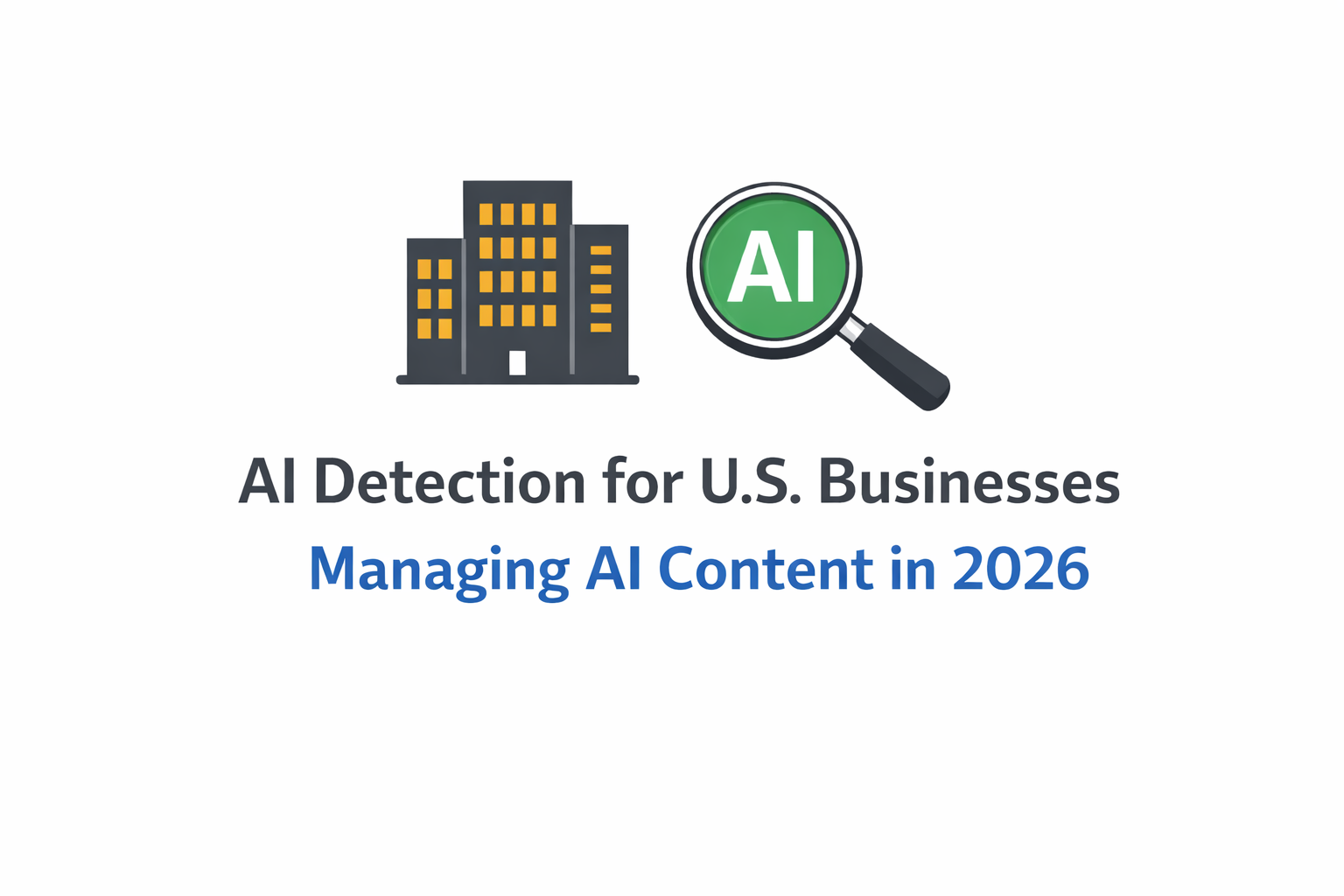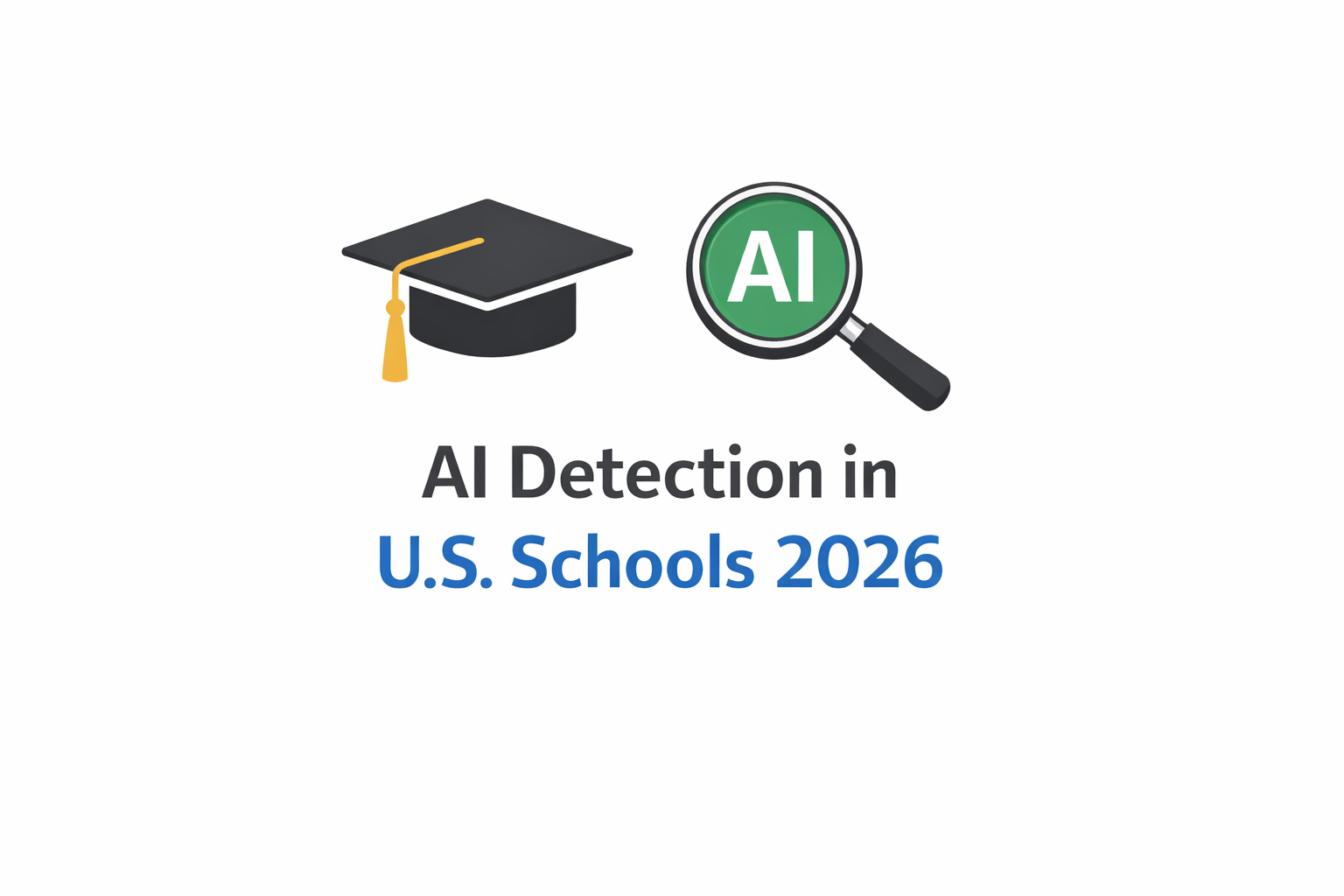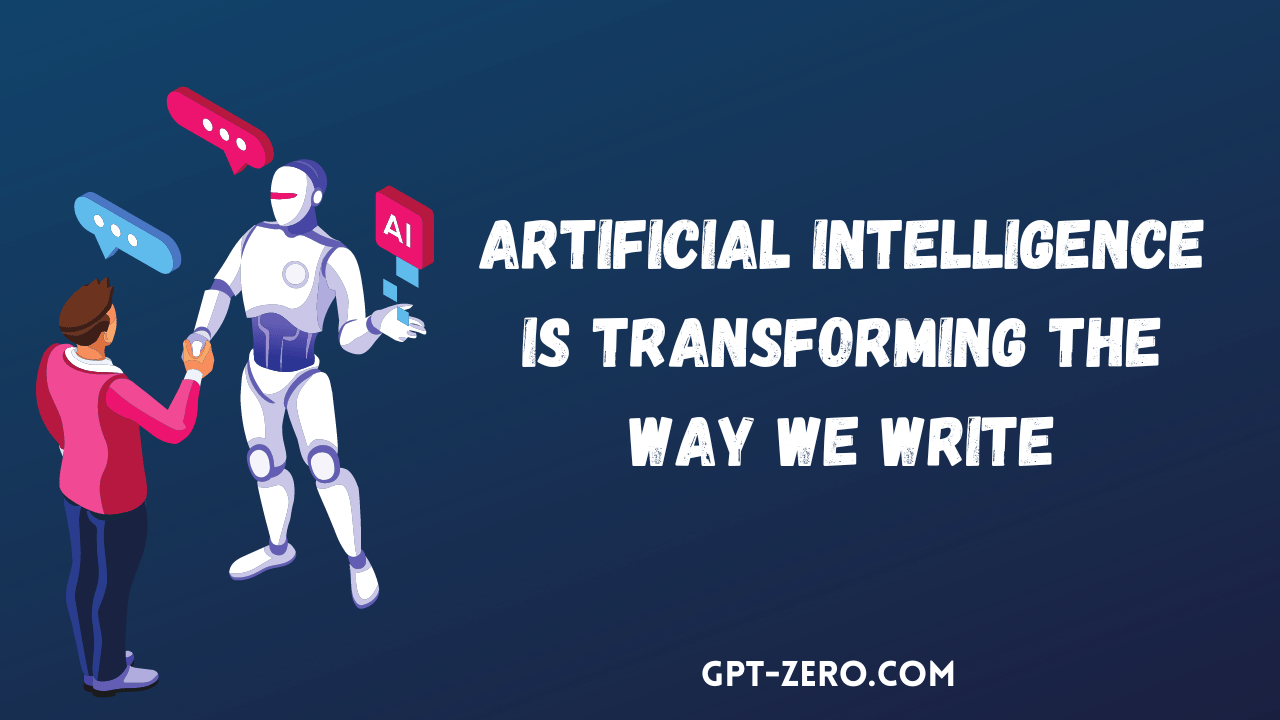The use of AI in various industries has been on the rise in recent years. AI has the potential to increase efficiency, reduce costs, and improve accuracy in various industries. However, the increasing use of AI has raised concerns about the potential impact on human workers. This article explores the potential for AI to replace human workers and its impact on society.
The Current State of AI
The current state of AI is advancing rapidly. AI technology has improved significantly in recent years, and it is now capable of performing various tasks that were previously performed by humans. For example, AI can now analyze vast amounts of data, automate various processes, and even drive cars.
The Potential for AI to Replace Human Workers
The potential for AI to replace human workers is a concern for many people. AI can automate various tasks that were previously performed by humans, which can lead to job losses. However, it is essential to note that AI cannot replace all human workers. Some tasks require human skills such as creativity, empathy, and critical thinking, which AI currently cannot replicate.
The Impact of AI on Society
The increasing use of AI can have a significant impact on society. On the one hand, AI can increase efficiency, reduce costs, and improve accuracy, which can benefit society. On the other hand, the increasing use of AI can lead to job losses, which can have a negative impact on society. Job losses can lead to economic insecurity, social inequality, and other social problems.
AI and the Future of Work
The increasing use of Artificial Intelligence (AI) is transforming industries at an unprecedented pace, raising important questions about the future of work. As AI continues to advance, it is likely that it will automate certain repetitive and routine tasks, potentially leading to job displacement in some sectors. Roles in data processing, customer support automation, and basic analysis are already being reshaped by intelligent systems.
However, history shows that technological revolutions often create more opportunities than they eliminate. AI is expected to generate entirely new career paths in areas such as machine learning engineering, AI ethics consulting, automation management, and human-AI collaboration design. Professionals who adapt and continuously upgrade their digital skills will be best positioned to thrive in this evolving landscape.
For a deeper look at how technology trends are influencing careers and digital transformation, you can explore practical insights and tech resources at My Computer Tips, which covers emerging tech developments and their real-world applications.
Ultimately, the future of work will not simply be about humans versus machines, but about how humans and AI can collaborate to enhance productivity, creativity, and innovation.
The Potential for AI and Human Collaboration
Despite concerns about the potential for AI to replace human workers, there is also potential for AI and human collaboration. AI can automate various tasks, allowing humans to focus on tasks that require human skills such as creativity and critical thinking. This can lead to improved efficiency and better outcomes.
The Future of AI
The future of AI is promising, and it is likely that AI will continue to advance and improve in the coming years. However, it is essential to ensure that AI is developed and used in a responsible and ethical manner.
Conclusion
AI has the potential to replace some human workers, leading to job losses. However, AI cannot replace all human workers, as some tasks require human skills such as creativity and critical thinking. The increasing use of AI raises ethical considerations, and it is essential to ensure that it is developed and used in a responsible and ethical manner.




